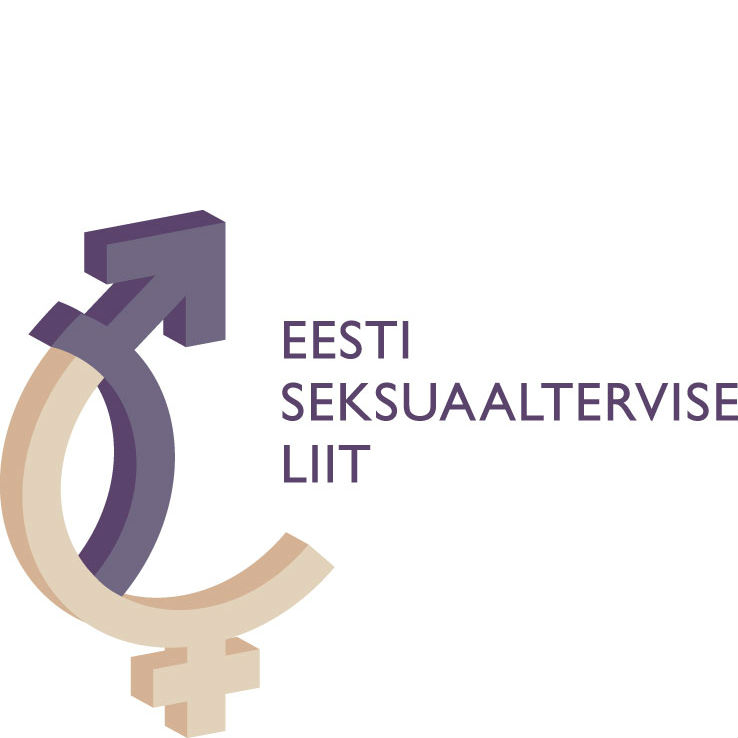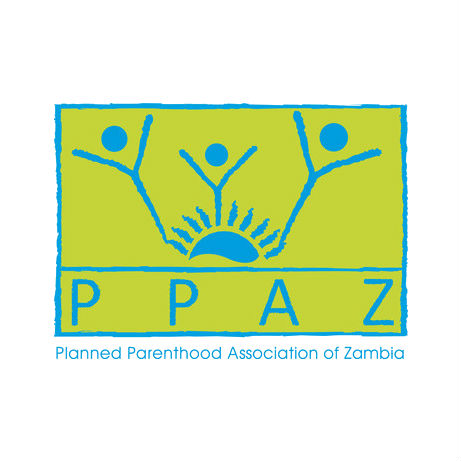

| 31 March 2016
Eesti Seksuaaltervise Liit / Estonian Sexual Health Association
The Estonian Sexual Health Association (ESHA, formerly the Estonian Family Planning Association) is a non-governmental organization, which was founded in 1994. The goal of the ESHA is to improve and promote sexual and reproductive health and rights (SRHR) of the people living in Estonia. Since 1995 the ESHA is a member of International Planned Parenthood Federation (IPPF) and adheres to its policies. ESHA promotes sexual and reproductive health and rights as defined on UN Cairo Conference of Population and Development (1994) and is committed among other aims to obtain equal rights for women, and to their empowerment. Main focus of activities is on youth SRHR education and sexual health counselling including HIV/AIDS prevention, but also a number of targeted programs have been carried out (addressing e.g. disabled people or victims of sexual violence). Information and educational materials to different target groups have been created and published as well as training courses in different issues have been carried out. Several media campaigns have been organised all over Estonia to target particular topic like intimate partner violence as an example. A network of youth counselling centres has been established all over Estonia which operates free of charge for young people up to 26 years of age under ESHA coordination. In 2003 ESHA opened Sexual Health Clinic to provide integrated sexual health services besides young people for adult target group as well. In addition, free SRHR Internet counselling for young people is provided through ESHA home page www.seksuaaltervis.ee. ESHA aims to continuously support school sexuality education especially in talking about ”difficult” topics, such as living together with people having HIV/AIDS, sexual and reproductive rights, sexual diversity, sexual orientation, sexuality in media, pornography, gender and sex, communication skills etc. ESHA has been providing such sex educational training for young people and also for parents and specialists working with youth in Estonia and also in other countries (Kyrgyzstan, Moldova).

| 31 March 2016
Planned Parenthood Association of Zambia
The Planned Parenthood Association of Zambia (PPAZ) was created in 1972. Then, it was dedicated to the promotion of family planning services. Over the years, it has evolved into a major service provider and advocacy body, with significant input into government policy on sexual and reproductive health (SRH) issues. Services offered include family planning, voluntary counselling and testing (VCT) for HIV, the treatment of sexually transmitted infections (STIs), antenatal and post-natal care, emergency contraceptive provision, laboratory tests, and screening. PPAZ refers clients on for additional services including prevention of mother-to-child transmission (PMTCT), antiretroviral treatment and home-based care. The organization operates 3 static clinics, 11 mobile units and 10 community-based services (CBSs). It has a full-time staff of 34, backed by 1,300 volunteers which include over 200 community-based distributors (CBDs) and 398 peer educators. In total, PPAZ runs 229 service points. PPAZ places a strong emphasis on HIV and AIDS prevention and treatment: as the statistics show, HIV prevalence rates are exceptionally high in Zambia. PPAZ has worked intensively on integrating gender and empowerment perspectives into HIV prevention. It has undertaken behaviour change communication projects directed at young people, both in and out of school settings, and it’s taken similar projects out to rural communities. PPAZ partners extensively with non-governmental organizations (NGOs), particularly those involved in youth and HIV and AIDS work. It receives financial support from Care international, UNICEF, the Japanese Organisation for Cooperation in Family Planning (JOICEP), Forum RFSU and IPPF’s Japan Trust Fund.







